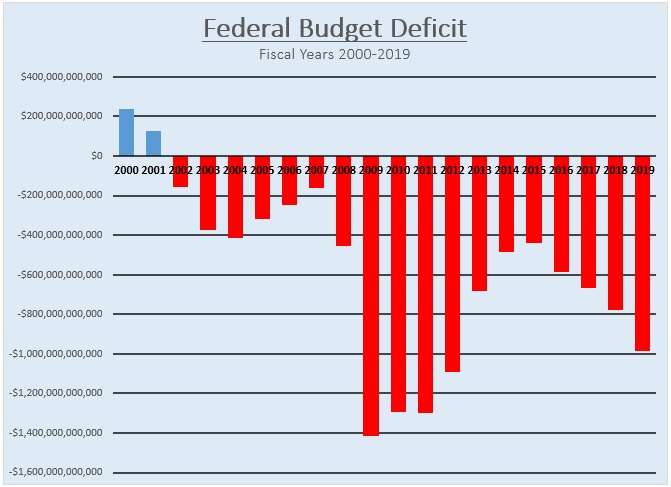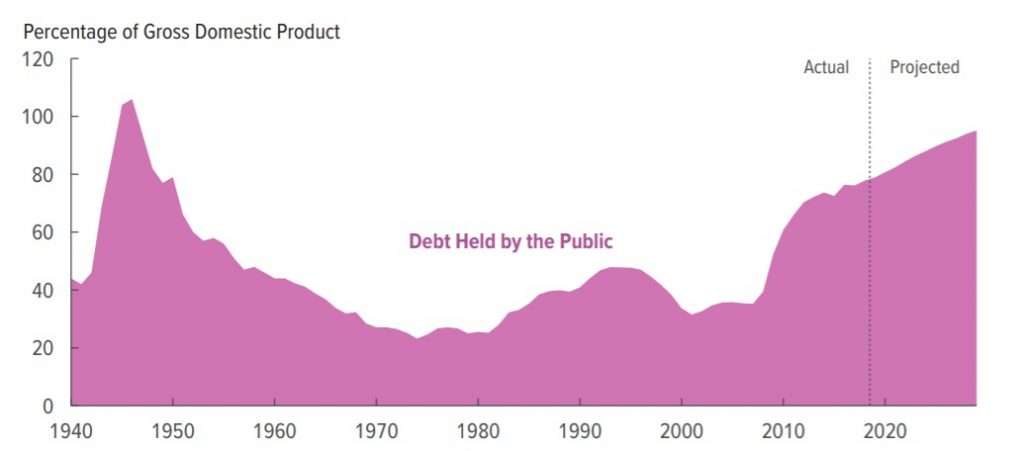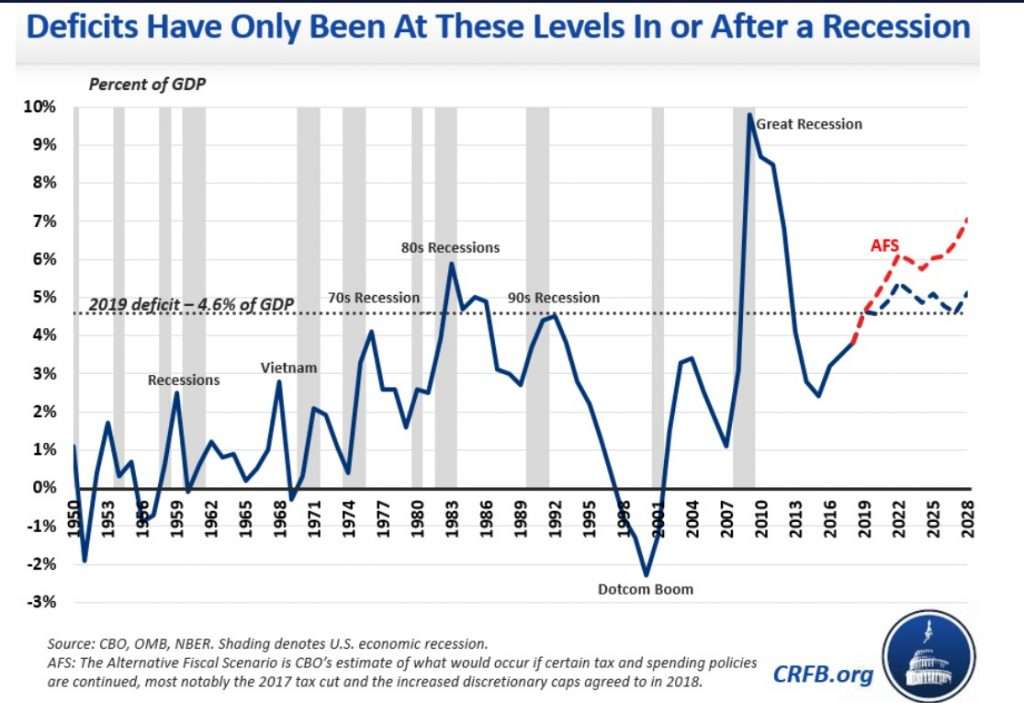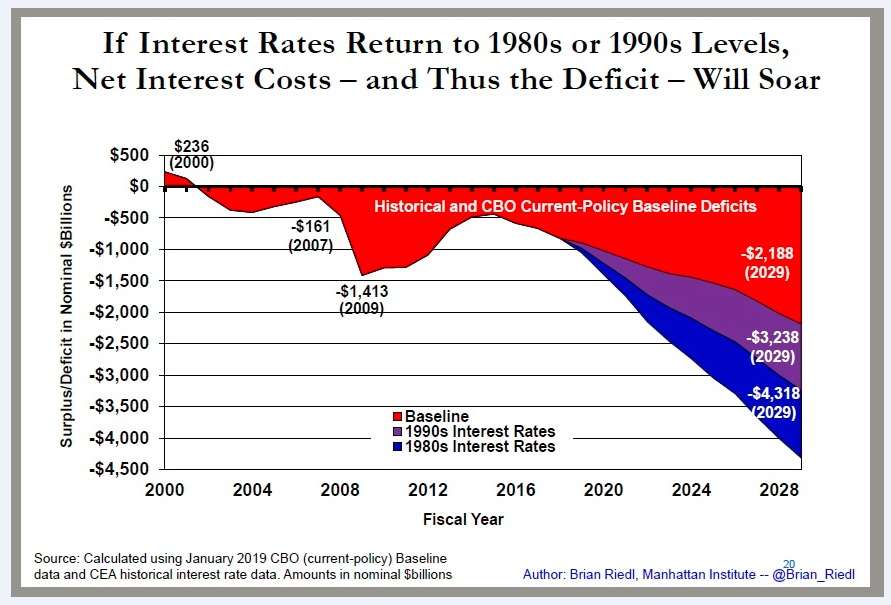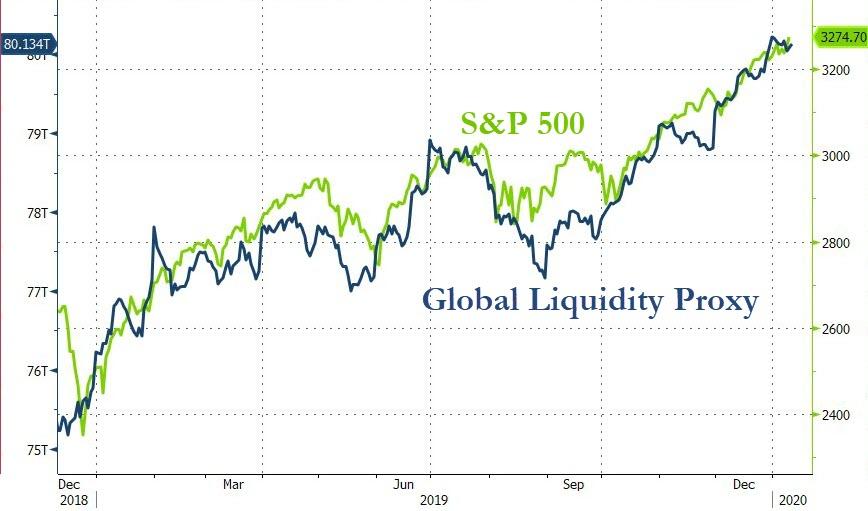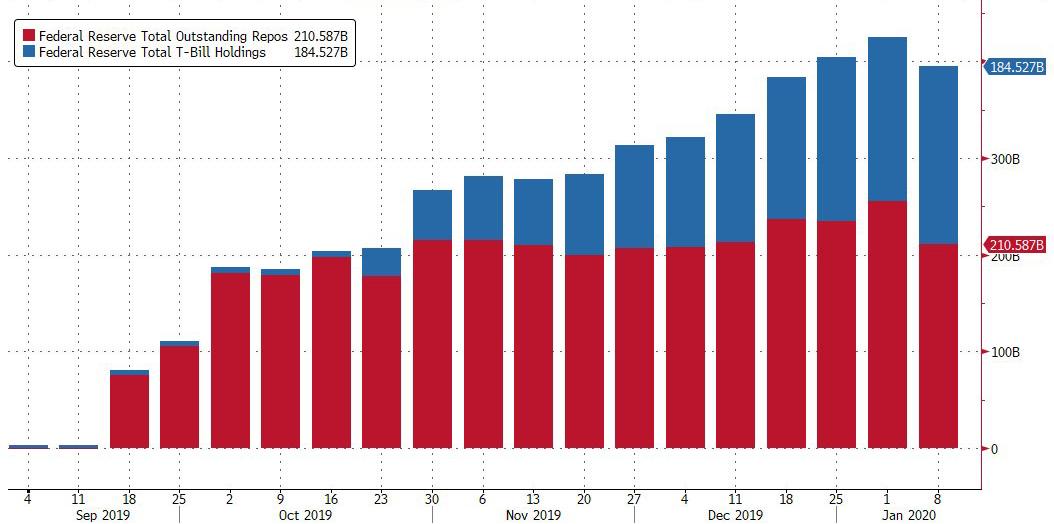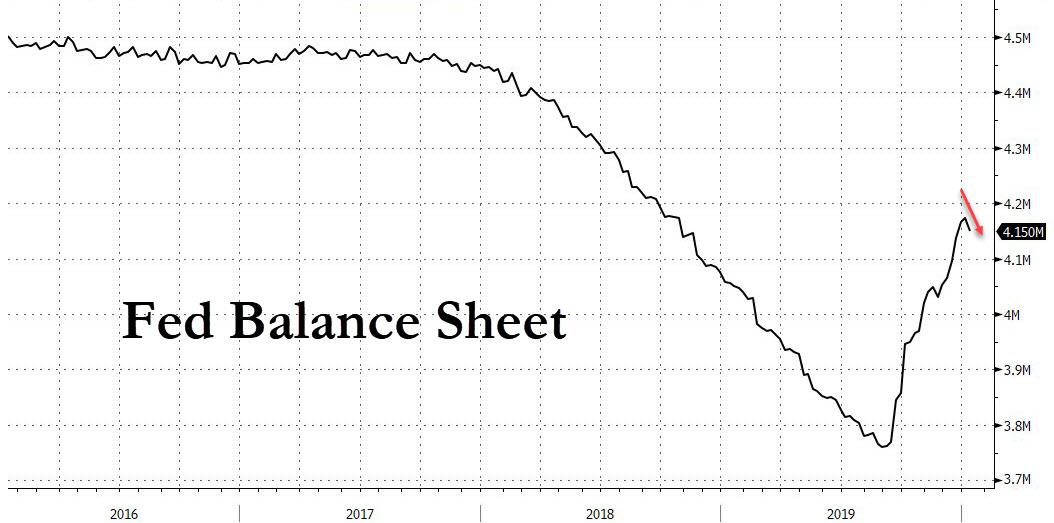America’s Climate-Friendly E-Scooter Carnage
Authored by Eric Worrall via WattsUpWithThat.com,
Climate friendly urban e-scooters have caused a 365% surge in hospital admissions, according to a recently published UCSF Study. And an increase in CO2 emissions.
Eggheads have crunched the numbers and the results are in: It’s not just your dignity you lose with e-scooters, life and limb are in peril, too
If you’re thinking of riding one of those things, wear a helmet
By Katyanna Quach 8 Jan 2020 at 21:39
There were nearly 40,000 electric scooter injuries in the United States between 2014 and 2018, according to a study published in the journal JAMA Surgery on Wednesday.
Specifically, in 2014, there were 4,582 injuries, and by 2018, that annual figure stood at 14,651 – that’s a 222 per cent surge over the four-year period.
The number of hospital admissions from accidents also skyrocketed to almost 3,300, a surge of 365 per cent, over the same period. The survey, conducted by researchers at UC San Francisco, analyzed data taken from the National Electronic Injury Surveillance System, a project led by the US Consumer Product Safety Commission to monitor the safety of consumer gizmos.
…
Read more: https://www.theregister.co.uk/2020/01/08/electric_scooter_injuries/
The abstract of the study;
The e-merging e-pidemic of e-scooters
Leslie M Kobayashi, Elliot Williams, Carlos V Brown, Brent J Emigh, Vishal Bansal, Jayraan Badiee, Kyle D Checchi, Edward M Castillo, Jay Doucet
Introduction Since their release in 2017, standing electric motorized scooters (eScooters) have risen in popularity as an alternative mode of transportation. We sought to examine the incidence of injury, injury patterns, prevalence of helmet and drug and alcohol use in eScooter trauma.
Methods This was a multi-institutional retrospective case series of patients admitted for injuries related to operation of an eScooter following the widespread release of these devices in September 2017 (September 1, 2017 to October 31, 2018). Demographics, drug and alcohol use, helmet use, admission vitals, injuries, procedures, hospital and intensive care unit length of stay (LOS), death, and disposition were analyzed.
Results 103 patients were admitted during the study period, and monthly admissions increased significantly over time. Patients were young men (mean age 37.1 years; 65% male), 98% were not wearing a helmet. Median LOS was 1 day (IQR 1–3). 79% of patients were tested for alcohol and 48% had a blood alcohol level >80 mg/dL. 60% of patients had a urine toxicology screen, of which 52% were positive. Extremity fractures were the most frequent injury (42%), followed by facial fractures (26%) and intracranial hemorrhage (18%). Median Injury Severity Score was 5.5 (IQR 5–9). One-third of patients (n=34) required an operative intervention, the majority of which were open fixations of extremity and facial fractures. No patients died during the study. The majority of patients were discharged home (86%).
Conclusion eScooter-related trauma has significantly increased over time. Alcohol and illicit substance use among these patients was common, and helmet use was extremely rare. Significant injuries including intracranial hemorrhage and fractures requiring operative intervention were present in over half (51%) of patients. Interventions aimed at increasing helmet use and discouraging eScooter operation while intoxicated are necessary to reduce the burden of eScooter-related trauma.
Read more: https://tsaco.bmj.com/content/4/1/e000337
OK, so we have lots of drunk, drug crazed people zipping about causing serious accidents.
But what about the e-scooter’s green credentials?
How green are dockless e-scooters?
By JOSHUA EMERSON SMITH NOV. 5, 2019 7:48 PM
Dockless e-scooter companies have for roughly two years touted their devices as not only convenient but also a win for the environment.
But a growing body of research suggests that the scooter craze may not be as green as advertised.
To change that, experts say, companies such as Lime, Bird and Wheels must manufacture more robust e-scooters while riders need to increasingly use those devices in lieu of driving. According to studies, many people are cruising around on e-scooters as an alternative to cleaner forms of transportation, such as biking, walking and taking the bus.
Still, experts say the fast-evolving industry has the potential to revolutionize urban travel and significantly reduce planet-warming emissions.
…
Data starting to emerge from cities around the country seem to contradict that testimony. About 40% of scooter rides have replaced biking or walking trips in San Francisco and Portland, Ore., according to recent municipal surveys.
A survey from Paris was even more grim, finding that 85% of scooter rides replaced either walking, biking or public transit trips.
…
Read more: https://www.latimes.com/california/story/2019-11-05/how-green-are-dockless-e-scooters
Lots of drunk, drug crazed people zipping about causing serious accidents, and they’re not even saving the planet.
Perhaps it is time for cities to consider scaling back their e-scooter programmes.
Tyler Durden
Fri, 01/10/2020 – 15:08
via ZeroHedge News https://ift.tt/2T7Zh37 Tyler Durden

